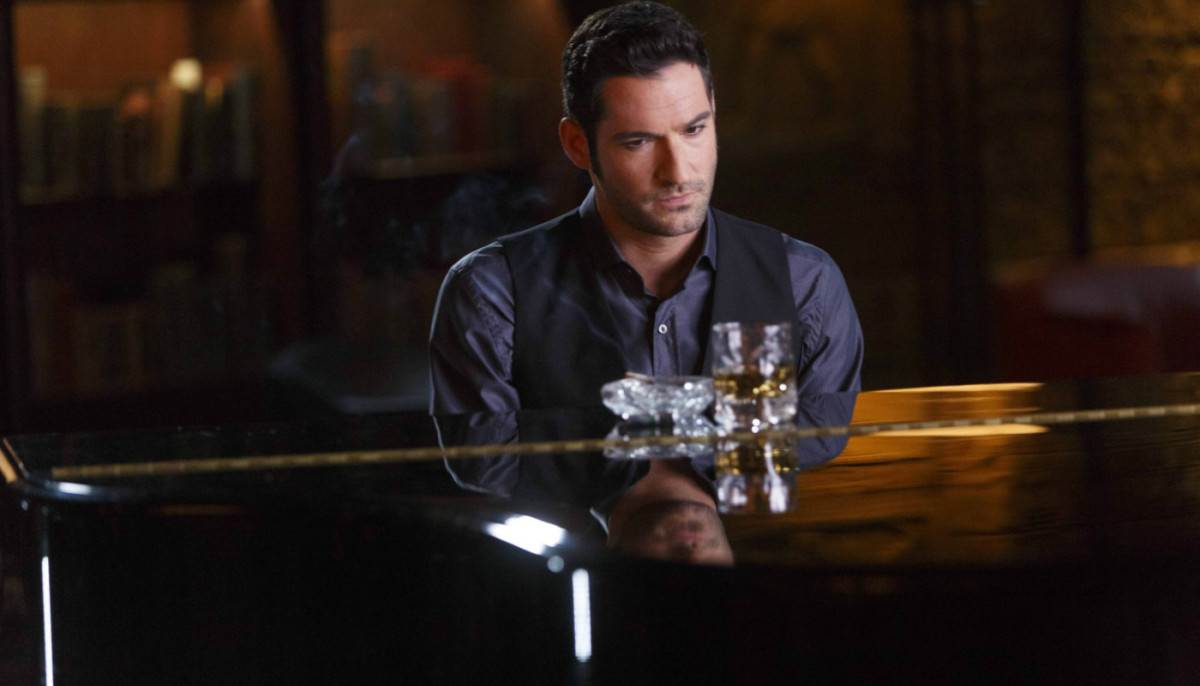‘Moneyball’ isn’t about winning, so it’s fitting that the Brad Pitt-led film fell just short of topping the box office over the weekend. (All hail ‘The Lion King,’ the New York Yankees to the ‘Moneyball’ A’s.) Still, a $ 20.6 million first pitch is nothing to sneeze at — ‘Drive’ would have killed, probably literally, for that number — and plenty of ticket buyers put down hard-earned cash to see ‘Moneyball’ in theaters during week one. What did the non-baseball fans in the audience miss about the film? Some pretty interesting stuff! Ahead six things you might not have known about the real-life players in ‘Moneyball.’
The A’s starting rotation was really great
“The joke on ‘Moneyball’ was, ‘Where was the chapter on having three of the five or six best starting pitchers in the game,'” current Padres GM Jed Hoyer, formerly an assistant with the Boston Red Sox, told Sports Illustrated. Indeed, author Michael Lewis didn’t make that big of a deal about the Athletics starting rotation in ‘Moneyball: The Art of Winning an Unfair Game’ despite the fact that it ranked as one of the best in the league in 2002. Counting runs like cards in a casino is a fun parlor trick, but not if the other team scores more. The 2002 American West Champion A’s were kings of stopping the other team from scoring. The staff led the American League in ERA (Earned Run Average), and the aforementioned “three of the five or six best starting pitchers in the game” — Tim Hudson, Barry Zito and Mark Mulder — combined for 57 wins, 493 strikeouts and an ERA of 3.05 over 675 innings. So, not bad. The A’s staff should take nothing away from the job Billy Beane did building the 2002 team — he drafted all three players despite traditional scouts saying they had obvious flaws — but they certainly warrant more attention then they received in both the film and book.
It wasn’t Scott Hatteberg, Jeremy Giambi and David Justice who replaced Jason Giambi, but Miguel Tejada
A big show is made in ‘Moneyball’ about how Beane wanted to replace the on-base percentage of Jason Giambi, Johnny Damon and Olmedo Saenz with scrap-heap players Scott Hatteberg, David Justice and Jeremy Giambi. True, but not quite: For starters, Jeremy Giambi was actually on the 2001 Oakland A’s with his brother, Jason, and not acquired in the off-season; Justice led the team in walks, but only played in 118 games; and Hatteberg, contrary to what the film presents, was a fixture in the line-up and one of the most valuable players in baseball based on his salary. Still, combined, the three players hit 34 home runs, four less than Giambi hit all by himself in 2001. How did the A’s really make up for his loss in the lineup? With a monster campaign from shortstop Miguel Tejada, who won MVP in 2002 and hit 34 home runs (an increase of three from the previous season) with 131 RBI (an increase of 18 RBI from the previous season). The film makes some allusion to Tejada — who was signed before Beane took over as GM — but you wouldn’t know how important he was to the team’s success without looking at the statistics.
Carlos Pena wasn’t good
Remember that part in ‘Moneyball’ when Billy Beane traded “All-Star” first baseman Carlos Pena because he was blocking Scott Hatteberg from playing? About that: Pena was traded to the Detroit Tigers in 2002, but it wasn’t out of spite; the first baseman hit only .218 with 7 home runs in 40 games for Oakland. He wouldn’t actually become an All-Star until 2009 when he was with the Tampa Bay Rays.
Art Howe was actually pretty passive
Philip Seymour Hoffman is gruff and priggish in ‘Moneyball’ as Art Howe, which is kinda the exact opposite of what the real-life Art Howe was like. Described as having a Dudley Do-Right personality, Howe was laid-back during his time with Oakland — almost too laid-back for Beane to handle. As Lewis wrote in ‘Moneyball’: “Billy had told Art how and where to stand during a game so that the players would be forced to look up to him and take strength from his countenance, because when Art sat on the bench, as he preferred to do, he looked like a prisoner of war.” Not really the same guy you saw in the movie, right?
Billy Beane loved that the A’s had a perceived disadvantage
During the 2000 season, with Oakland on the upswing in Beane’s third year on the job, Major League Baseball created a blue-ribbon panel in an effort to understand why the A’s were winning. Beane reveled in keeping Major League Baseball in the dark: “‘Major League,’ a movie about the hapless Cleveland Indians,'” Beane and Paul DePodesta (the real-life “Peter Brand” of the film) wrote in their presentation. “In order to assemble a losing team, the owner distributes a list of players to be invited to spring training. The baseball executives say that most of these players are way past their prime. Fans see the list in the paper and remark, ‘I’ve never even heard of half of these guys.’ Our situation closely resembles the movie.” Wrote Lewis: “When it suited his purposes, Billy could throw the best pity party this side of the Last Supper.” All those scenes in ‘Moneyball’ of Beane being upset with his financial limitations? Call them dramatic license.
Billy Beane became Red Sox GM for a hot minute
The film makes good use of Beane’s flirtation with and spurning of the Boston Red Sox, but leaves one key aspect out: the real-life Beane accepted John Henry’s offer to become GM of the Red Sox with a handshake agreement. Paul DePodesta was set to become Oakland’s general manager, and he even went so far as to work out a trade to acquire Kevin Youkilis, the Greek God of Walks, as compensation for losing Beane. In the end, though, Beane decided against signing with Boston, Youkilis stayed with the Red Sox and became a key part of the team’s World Series winner in 2007, and DePodesta would become the GM of the Dodgers in 2004.
Photo: Melinda Sue Gordon/Columbia Tri-Star



 Movies News4 years ago
Movies News4 years ago


 Celebrities8 years ago
Celebrities8 years ago


 Movies News8 years ago
Movies News8 years ago


 Celebrities7 years ago
Celebrities7 years ago












